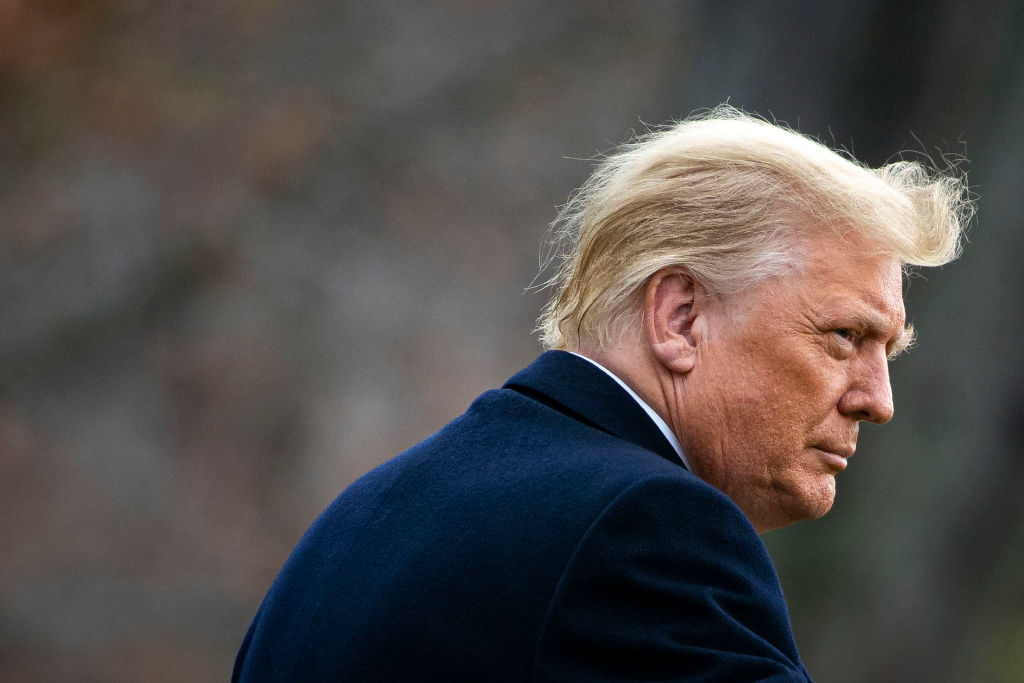
With ongoing political turmoil, violent protests, and deepening national divisions, many Americans are struggling with anxiety, fear, and uncertainty about the future. The recent surge in political unrest—whether it’s mass protests, election-related conspiracies, or political violence—has led to heightened levels of stress across the country. People are asking:
- How did we get here?
- Why is our country so divided?
- Is this the new normal?
- How do we move forward as a nation?
- How do we protect our mental health amid this chaos?
A growing body of research has tracked the detrimental impacts of political instability on broad segments of the American population—from young adults to the elderly, men and women, and racial and LGBTQ+ communities. The results are alarming.
The American Psychological Association’s annual “Stress in America” report has consistently shown that political and social uncertainty are major sources of stress. The 2023 survey found that 72% of Americans view the country’s state as a significant source of stress—a record high—with economic concerns, misinformation, and political polarization being top contributors.
This stress has even led to a recognized phenomenon: Political Anxiety Disorder—a term used by mental health professionals to describe the fear, anger, and helplessness people feel when faced with ongoing political instability.
The Psychology of a Trump Follower
The political climate has been particularly volatile in the wake of the Trump presidency, with ongoing legal battles, election denialism, and calls for extreme action by political figures keeping tensions high. President Donald Trump remains a central figure in this instability, facing multiple indictments while still holding significant influence over his supporters.
Psychiatrist and Yale University professor Bandy X. Lee, editor of The Dangerous Case of Donald Trump, has long warned about the psychological toll of Trump’s rhetoric and behavior. She has argued that Trump fosters a dangerous cult-like following, where followers are unable to accept realities that contradict their beliefs.
“If you have any intact reality testing, you’re going to be horrified and highly anxious, if not afraid for your life. This presidency itself had brought stress levels and anxiety levels to record levels, even before all the chaos. People are going to be suffering greatly and traumatized after this presidency.”
“A lot of [Trump Supporters] will be simply clinging to the delusions. They cannot face letting go of their wishful thinking and their image of a savior or rescuer would be shattered. The more harmed they are, the more difficult it becomes to accept even the possibility that he could be harming them. There’s a psychological collusion that’s happening. His followers in particular were primed for someone with similar developmental defects to come around and entice them. There’s a kind of narcissistic symbiosis that happens between him and his followers.”
How to Protect Your Mental Health
Monitor what media you digest
Studies have shown there are negative effects of people who watch traumatizing images over and over again. So it’s wise to monitor and even limit what news and even social outlets you read or interact with. You know the saying, “no negative energy”? Well, that needs to be true when you are on social media or any other kind of media. If you find yourself feeling bad about yourself, your situation without motivation for making it better for yourself instead, then you may want to stop watching/reading it. Also, if it makes you mad enough to go hurt something or someone, including yourself, then you may need to seek help.
Take a Break/Unplug/Do Something Different
Believe it or not, you actually can be away from your phone and not check messages, texts or social media for a few days. Yes, you can! It’s okay to unplug from social media–that doesn’t mean you are ignoring the problem, experts believe you actually giving your brain time to process what has been going on in the large scheme of things (i.e., how it affects your life). So, take a walk outside, get connected with people in real life, not just by text. Write an old-school letter to a loved one. Just because it’s been challenging to maintain connections during the pandemic, those are just a few of the wide variety of things you can do to stay connected to the ones you value most.
(Side Note: when you do connect with someone, be sure to stay off the topics that make you anxious, angry or frustrated.)
Get help if you need it
There are plenty of resources, both online and in real life, that can help you deal with the anxiety that arises around the election. If you or a loved one needs help, it’s best to check with a healthcare provider about finding the right type of treatment for your anxiety and stress. You can also find online providers that can offer support as we all go through this challenging time.










